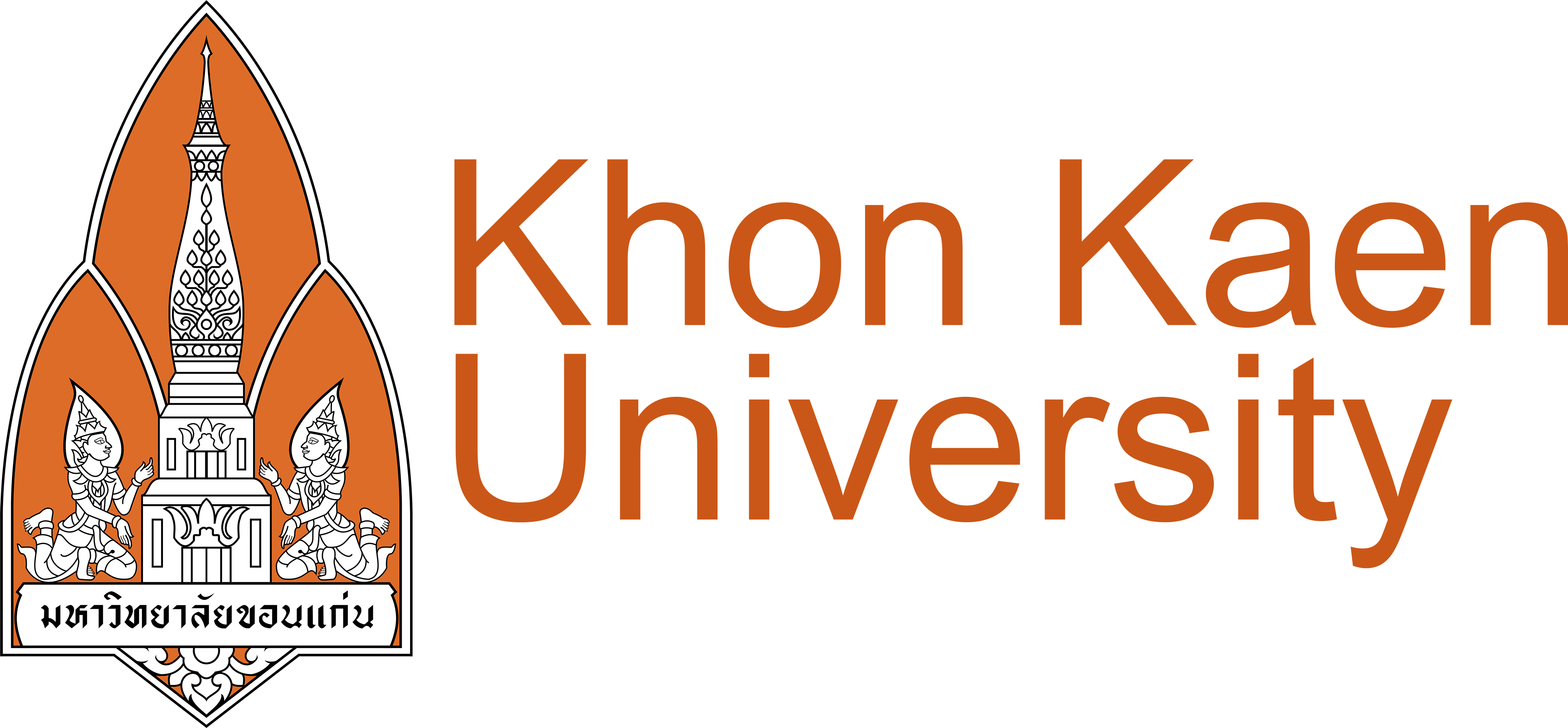Homecoming: Happy Moment or Psychological Challenge?
Mudik or returning home is a moment that should be eagerly awaited to come. Supposedly, the moment of returning home during Eid will be a happy moment, not stressful.
But the reality is sometimes not the case. Happiness, which according to Seligman (a positive psychology figure) is the result of the contribution of the environment and internal factors, becomes a measure that the concept of Happy during Eid becomes relative when stigmatic questions about Eid begin to emerge from the environment.
Those who are going back to their hometowns must feel this way. Starting from being asked “When will I graduate?”, “When will I get married?”, “When will I have a baby?”, “When will I work?”, and so on. That’s right, the habit of caring goes too far into curiosity. What about you, have you ever experienced it too?…
Based on a limited survey conducted by Ratna Yunita Setiyani Subardjo, S.Psi., M.Psi., Psychologist who is a lecturer in the Psychology Department of UNISA Yogyakarta, it was found that the most avoided question during Lebaran for students is “When will I graduate?”, while for those who have graduated, another question will still appear with “When will I work”. Not stopping there, another question after graduation is “When to get married?”, and unfortunately, even those who are married will still be asked the question “When to have a baby?”. This is often asked when gathering with family during Eid. Although it sounds trivial, these questions become a “scourge” for some people so that they feel depressed. The impact of these questions can even lead to psychological disorders. So, why do Indonesians like to ask these stigmatizing questions during Eid? And how to answer them?
Being asked these stigmatizing questions during family gatherings during Eid does make you uncomfortable, especially if you haven’t made progress in your studies, don’t have a boyfriend or partner, don’t have an established job, or don’t have a baby yet. For those of you who are planning to go home during Eid but are not ready for the stigmatizing questions that will be asked by your family and friends, here are some tips to deal with it:
- Build Common Topics of Conversation
Avoid personal topics of conversation so as not to provoke questions from others.
- Shift the Topic of Conversation
Try to divert the topic of conversation with the other person to general matters. It is unethical to ask sensitive questions, especially to those who have limitations or personal problems.
- Face it with a smile
Face these stigmatizing questions with a smile. Sometimes people ask without thinking, and a smile can have a positive impact on ourselves and others.
- Reply with a Joke
Reply to this question with a joke to lower the tension and avoid a “bad mood”.
- Move away
If you feel uncomfortable being asked this stigmatizing question, it is better to move away from the location. Relax to reduce the negative impact.
Hopefully, these simple tips can help you deal with stigmatizing questions during homecoming with more calm and happiness when gathering with family at the moment of Eid.
Tags: aisyiyah, amalku, banggamenjadiunisa, beunisa, unisa, unisayogya















